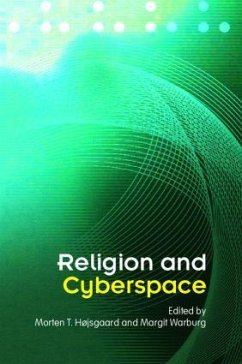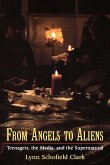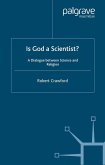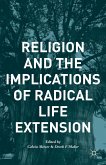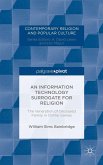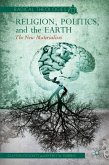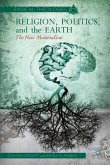In the twenty-first century, religious life is increasingly moving from churches, mosques and temples onto the Internet. Today, anyone can go online and seek a new form of religious expression without ever encountering a physical place of worship, or an ordained teacher or priest. The digital age offers virtual worship, cyber-prayers and talk-boards for all of the major world faiths, as well as for pagan organisations and new religious movements. It also abounds with misinformation, religious bigotry and information terrorism. Scholars of religion need to understand the emerging forum that the web offers to religion, and the kinds of religious and social interaction that it enables. Religion and Cyberspace explores how religious individuals and groups are responding to the opportunities and challenges that cyberspace brings. It asks how religious experience is generated and enacted online, and how faith is shaped by factors such as limitless choice, lack of religious authority, and the conflict between recognised and non-recognised forms of worship. Combining case studies with the latest theory, its twelve chapters examine topics including the history of online worship, virtuality versus reality in cyberspace, religious conflict in digital contexts, and the construction of religious identity online. Focusing on key themes in this groundbreaking area, it is an ideal introduction to the fascinating questions that religion on the Internet presents.
Hinweis: Dieser Artikel kann nur an eine deutsche Lieferadresse ausgeliefert werden.
Hinweis: Dieser Artikel kann nur an eine deutsche Lieferadresse ausgeliefert werden.

